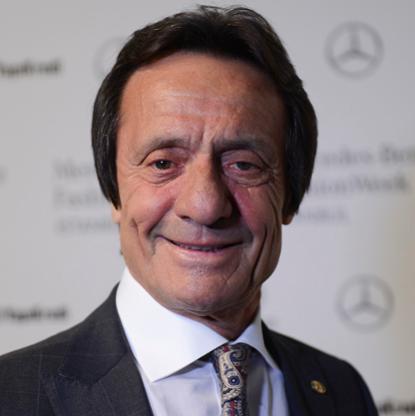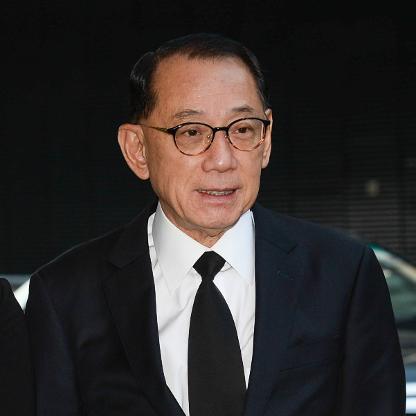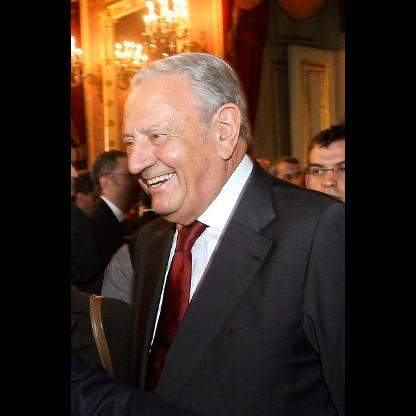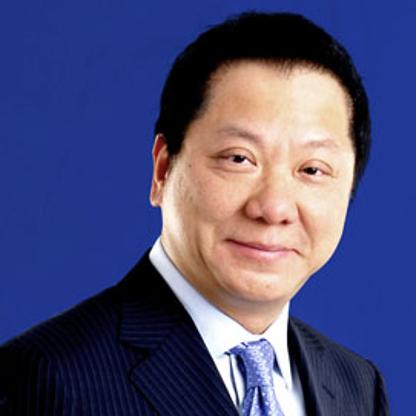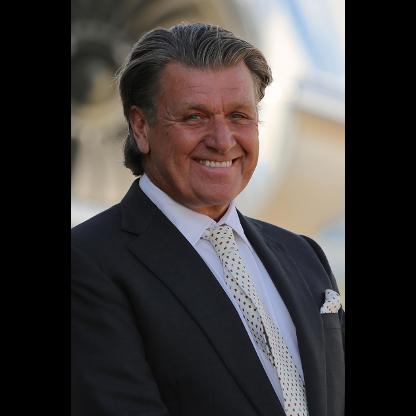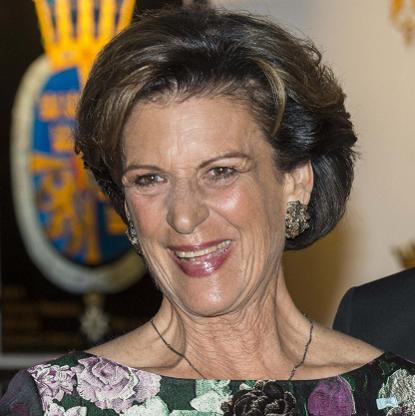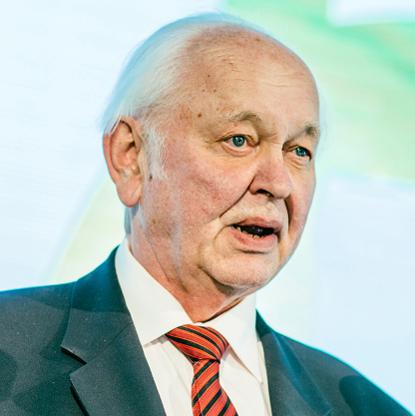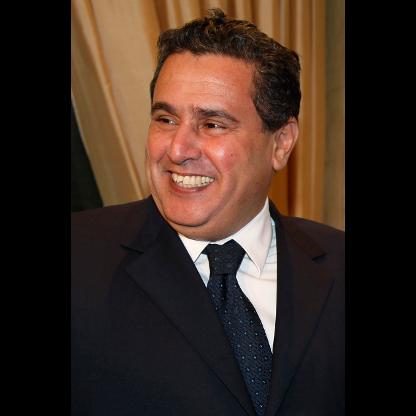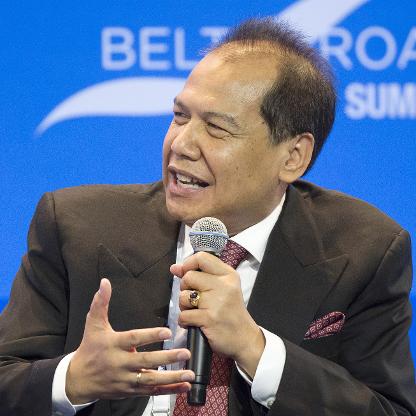Tihipko was first head of a department, and then deputy Director for teaching and educational work at the Dnipropetrovsk Mechanical-Metallurgical Technical Secondary School from 1984–1986. At the same time he developed a strong career in Komsomol, the youth arm of the Soviet communist party. This enabled him to become First Secretary of Dnipropetrovsk Komsomol regional organization from 1986–1989; there were nearly half a million members of Komsomol in the Dnipropetrovsk region, and Tihipko became its first popularly elected First Secretary in 1989. From 1989-1991, Tihipko was the First Secretary of Dnipropetrovsk regional committee of the All-Union Leninist Young Communist League.
